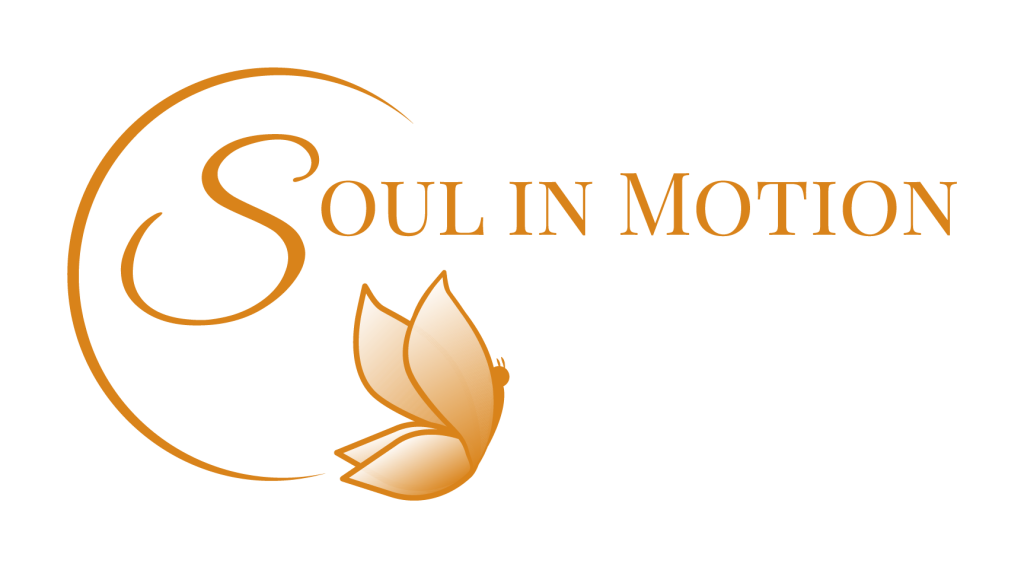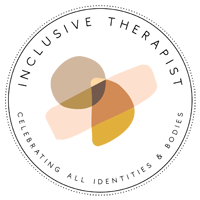CBT Therapy
Understanding Cognitive Behavioral Therapy and Its Benefits

What is cognitive behavioral therapy (cbt)?
Cognitive Behavioral Therapy (CBT) is a well-researched, evidence-based approach to psychotherapy that helps people break free from negative or unhelpful thought patterns. The central idea behind CBT is simple: our thoughts, feelings, and behaviors are all interconnected. By shifting the way we think, we can change how we feel and act.
CBT has proven to be effective in treating a wide range of issues, including anxiety, depression, trauma, substance abuse, eating disorders, chronic pain, and low self-esteem. It’s also helpful for relationship problems, anger management, grief, and more.
The Founders & Effectiveness of This Evidenced-Based Approach
CBT was developed in the 1950s and 1960s by psychologists like Aaron Beck, who is often called the “father of CBT.” He proposed that depression stems from distorted negative thinking patterns and created techniques to identify and modify them. Other pioneers like Albert Ellis, Donald Meichenbaum, and Arnold Lazarus helped expand and refine CBT.
Through decades of research, CBT has become a “gold standard” treatment. Numerous clinical trials, meta-analyses, and real-world studies confirm its effectiveness, making it a top choice for mental health treatment worldwide.
"Change your thoughts and you change the world."
—Norman Vincent Peale
How CBT Works
CBT is a collaborative process where the therapist and client work together to change negative thought patterns and behaviors. You, as the client, are an active participant in your treatment, which makes the process empowering and engaging.
Here’s how it works:
Identifying Negative Thought Patterns: CBT helps you become aware of your thought processes, particularly negative or irrational thoughts that may be holding you back. This might include patterns like catastrophizing, black-and-white thinking, or perfectionism.
Challenging and Restructuring Thoughts: Once we identify these negative thought patterns, we’ll work together to challenge their accuracy and replace them with more balanced, realistic, and helpful thoughts.
Altering Behaviors: CBT recognizes that our thoughts influence our actions. We’ll focus on replacing unhelpful behaviors with healthier coping strategies and new behaviors that support your well-being.
Skill-Building: CBT is skills-based, meaning you’ll learn specific strategies you can use in your daily life—everything from relaxation techniques to communication skills.
Homework and Practice: CBT often involves “homework” where you’ll practice the new skills between sessions. This helps you reinforce the new ways of thinking and behaving until they become second nature.

“The difference between misery and happiness depends on what we do with our attention.”
—Sharon Salzberg
The Unique Benefits of Cognitive Behavioral Therapy
CBT is goal-oriented, skill-building, and highly effective, which is why it’s often preferred by mental health organizations and insurance companies. It’s focused on helping you make real, measurable changes that improve your everyday life.
Here are some benefits of CBT:
Clear Objectives: CBT’s structured approach can be especially appealing to those who prefer a more directive, solution-focused therapy.
Short-Term Results: Because CBT is goal-oriented, it often yields noticeable results in a relatively short period, making it ideal for those with busy schedules or financial concerns.
Well-Researched and Widely Adopted: CBT is one of the most widely studied therapies, with a wealth of evidence supporting its effectiveness.
That being said, I want to be transparent: CBT’s popularity is partly due to its cost-effectiveness. Its goal-oriented approach allows insurance companies to cover it more readily, but this also means that some therapies that might be more effective in certain situations may not be as widely covered.
The Limitations of CBT and It’s Collaborative Potential
While CBT is a powerful tool, it’s important to recognize that it doesn’t always address trauma stored in the body or emotional dysregulation. For some, attempting to use CBT alone can feel like pushing a boulder uphill—challenging and exhausting.
That’s why I often recommend combining CBT with other therapeutic modalities, such as Somatic Therapy, which address emotional and physiological concerns. CBT works well when your body and emotions are in balance, so we might explore additional therapies to help you regulate your emotions and physical state before diving into cognitive changes.
Why I Specialize in CBT
CBT has helped both me and my clients overcome unproductive thinking patterns and limiting beliefs. It’s remarkable how a single thought can take over our entire experience—shaping how we feel, behave, and show up in the world.
Studies suggest that we experience up to 60,000 thoughts per day, with anxious or depressed individuals often on the higher end of that scale. If we can change the quality of those thoughts, we can transform our inner world and improve our overall well-being.
That’s what makes CBT so effective for anxiety and depression—it gives you the tools to change your thoughts, which in turn allows you to change your life.
Let’s Work Together to Help Your Thoughts Help You
CBT has been incredibly helpful for me and many of my clients. If you’re interested in learning how CBT can work for you, I invite you to schedule a free 20-minute consultation. Let’s explore how we can work together to help your thoughts work for you.
"It's only a thought and a thought can be changed."
-Louise Hay





